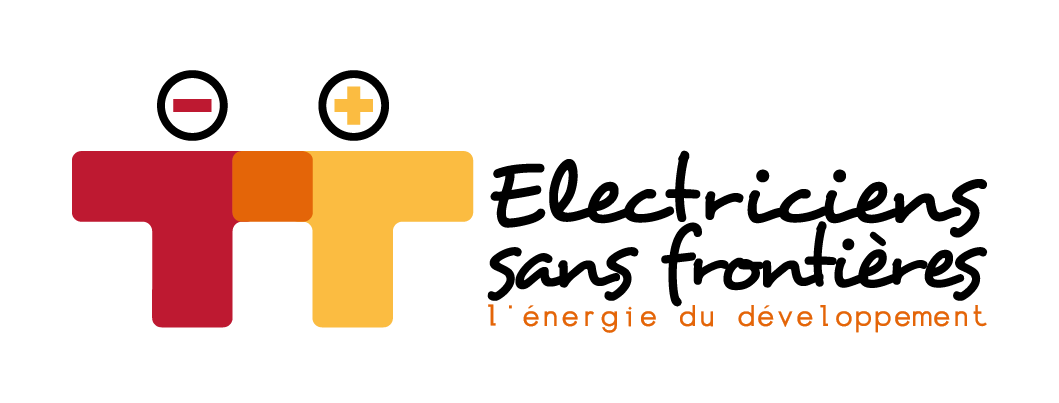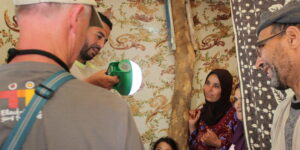While electricity is an essential commodity that is taken for granted in the richest countries, it remains a privilege at world level, and constitutes a major challenge in the fight against inequalities within the poorest countries. Indeed, not having access to electricity has direct consequences on lifestyles, whether it is about benefiting from modern health care including during the night, about accessing information via a cell phone or a television, about moving safely at nightfall, about preserving food in a refrigerator, or about easily pumping water for consumption, hygiene or crops.
Even today, one in seven people in the world does not have access to electricity.
The populations that do not have access to electricity live mainly in South Asia and sub-Saharan Africa. While South Asia has seen remarkable progress in access to electricity in recent years, sub-Saharan Africa remains the least electrified region in the world. In total, 60% of the world’s population not connected to a grid lives in Africa, where the lack of access to electricity is a barrier to development and locks billions of people into poverty. Forced to use harmful and polluting energy for some activities, the health of communities is undermined. For example, 750 million people cook with polluting fuels whose harmful effects kill 600,000 people every year.
To provide access to electricity within community services (health care centers, schools) and to the poorest and hardest-to-reach households, decentralized solar solutions, home solar systems and mini (micro?)-grids, are at the heart of the solutions.
Because of its cross-cutting nature, access to electricity contributes to addressing food, education, health, security, social, economic and environmental issues. These stakes are at the heart of the projects carried out by Electriciens sans frontières since 1986.
Moreover, by giving priority to the electrification of collective structures, Electriciens sans frontières meets essential needs without creating a social divide. The projects concern schools, skill training centers, health care centers, public places…



